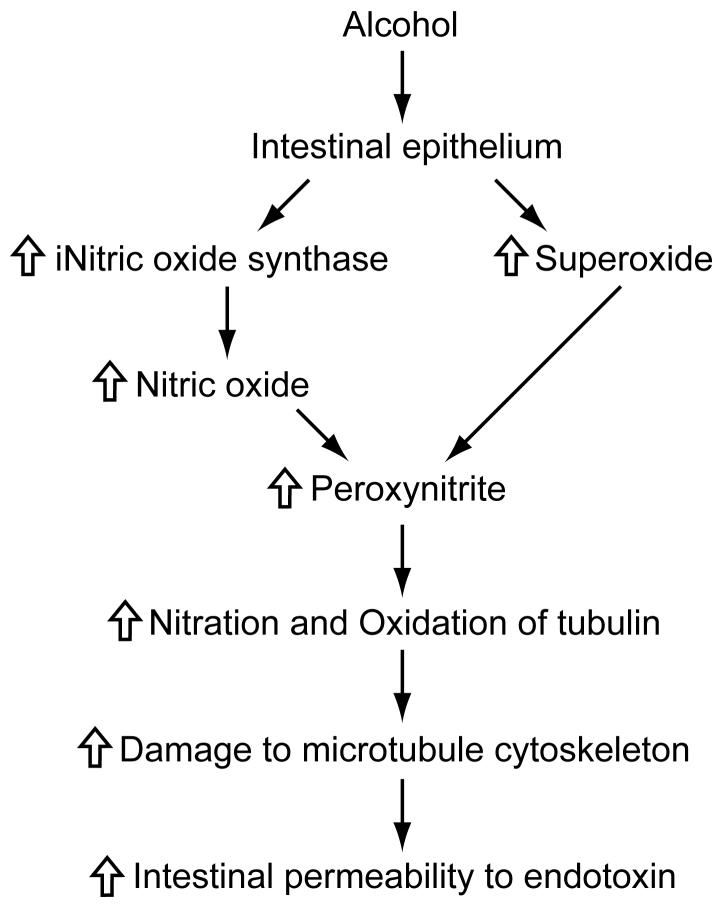Figure 3. Role of nitric oxide in increasing intestinal permeability to endotoxin: a proposed mechanism.
Alcohol may also increase intestinal permeability by increasing the production of nitric oxide, via up-regulating inducible nitric oxide synthase (iNOS) activity, and superoxide. These radicals can react with each other to form peroxynitrite which in turn can react with tubulin leading to damage to microtubule cytoskeleton, disruption of barrier function, and increased intestinal permeability.

